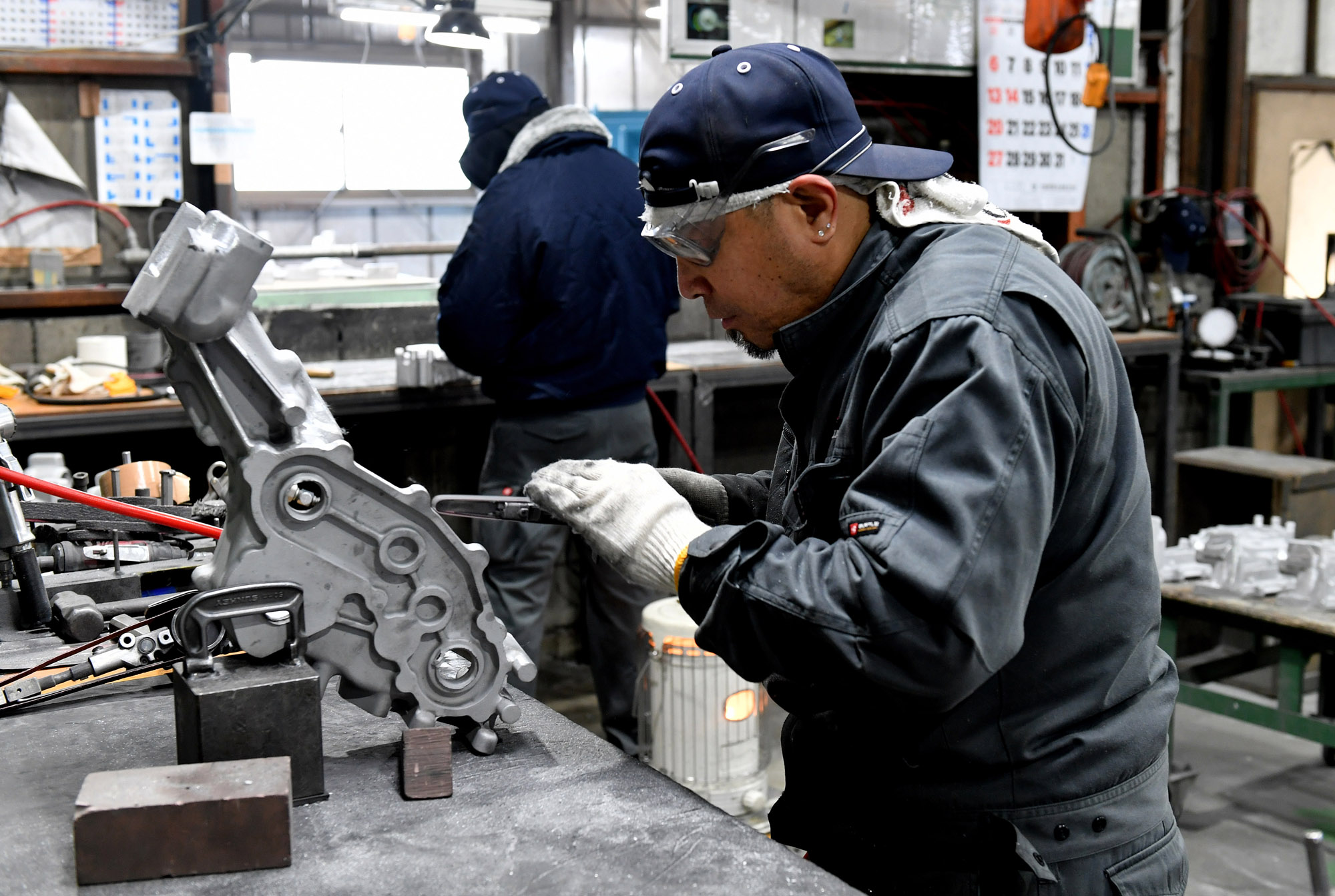There's no denying that Japan, amid a severe labor crunch and a shrinking population, will need to rely more on foreign workers in the coming years, and that's especially true for small and midsize companies.
Because of language issues and cultural differences, smaller firms often struggle to integrate foreign workers. But once they overcome those hurdles, many find that the addition of foreign perspectives can lead to new opportunities.
Sakae Casting Co., a small aluminum cast manufacturer in Hachioji in western Tokyo, learned this the hard way. But its experience may be an example of what other firms will have to go through in the coming years.



















With your current subscription plan you can comment on stories. However, before writing your first comment, please create a display name in the Profile section of your subscriber account page.